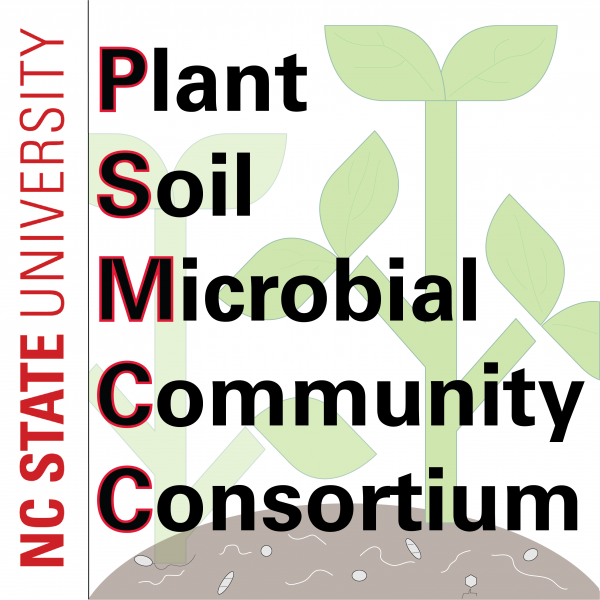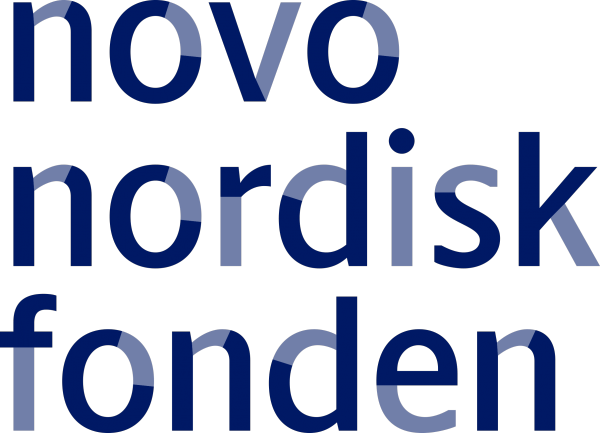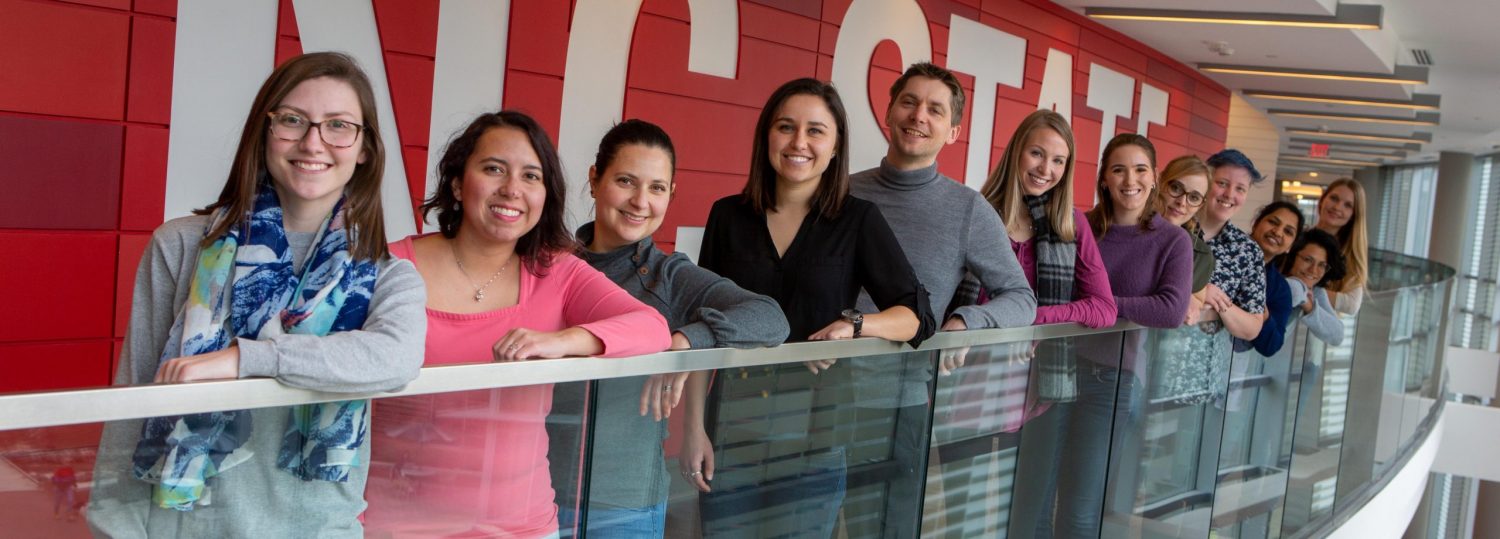
Welcome to the Kleiner Lab!
Welcome to the Kleiner Lab!
Our lab is part of the Department of Plant & Microbial Biology and the Microbiomes and Complex Microbial Communities Cluster.
Our current projects focus on:
- Methods for Microbial Community Analyses
- Development of cutting-edge methods for microbial community analyses focusing on metagenomics and high-resolution mass spectrometry based metaproteomics. A 20 minute overview presentation by Dr. Manuel Kleiner on what we can learn using metaproteomics is available here.
- Plant-Microbe Interactions
- The development and evaluation of metaproteomics methods for root-associated microbes. This project is sponsored by the Plant Soil Microbial Community Consortium (PSMCC).
- Decoding plant-microbiome interactions for improved crop resilience using wheat as a model. This project is a large collaborative effort of many faculty members from NCSU and several Danish Universities sponsored by the Novo Nordisk Foundation.
- Diet-Microbiome Interactions in the Intestinal Tract
- Harnessing metagenomics, metabolomics, metaproteomics, single cell imaging, and cultivation-based approaches to examine the mechanisms of interaction between intestinal microbiota and external substrates (diet) and host-derived substrates (host compound foraging). This project is supported by the NIH’s MIRA (Maximizing Investigators’ Research Award) grant.
- Direct linkage of dietary components with metabolizers in the microbiota. This project is sponsored by the Foundation for Food and Agriculture Research (FFAR) and BASF.
- The fate of dietary protein from different sources and its impact on the intestinal microbiota currently supported through a pilot grant from the Center for Gastrointestinal Biology and Disease (CGIBD).
- Phage-Microbiome Interactions
- The discovery and characterization of virotrophs, a hypothesized group of specialized bacteria which are capable of utilizing bacteriophage as a sole nutrient source for growth and replication.
- Tracking horizontal gene transfer by virus-like particles in microbiomes using transductomics and metaproteomics.
- Carbon Sequestration
- The role of microbes in mineral precipitation resulting in exceptional fossil preservation and CO2 sequestration sponsored by the National Science Foundation (NSF).
- Factors governing energy efficiency of metabolism in free-living and symbiotic bacteria, looking specifically at a novel CO2 fixation pathway.
- Molecular ecophysiology of microorganisms with two carbon fixation pathways funded by the Binational Science Foundation (BSF).
- Horizontal Gene Transfer
- The role of horizontal gene transfer in the metabolic evolution of bacterial symbionts.
- The saboteur’s tools: mechanisms for host reproductive manipulation by the bacterial arthropod endosymbiont Cardinium hertigii funded by the National Science Foundation (NSF).
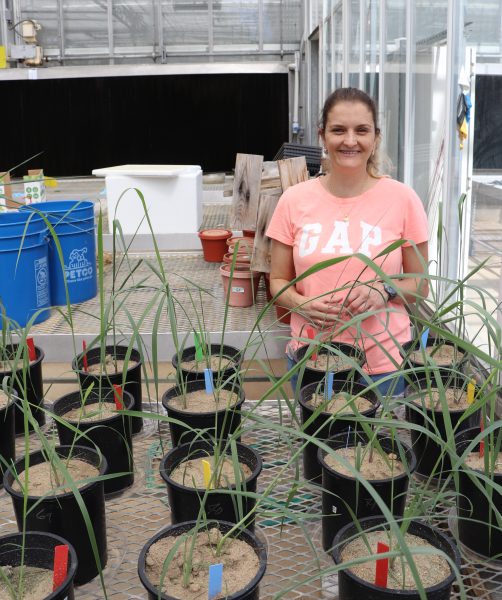
Fernanda with part of her switchgrass experiment for looking at plant-microbe interactions using metaproteomics. |

Angie cultivating human gut isolates for a study on diet-microbiota interactions. |
You can contact us by emailing Dr. Kleiner at manuel_kleiner@ncsu.edu
The Kleiner Lab would like to thank the following funding sources:
 |
|
|
|
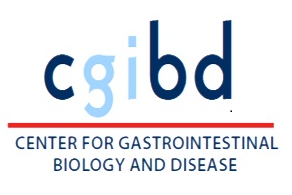 |
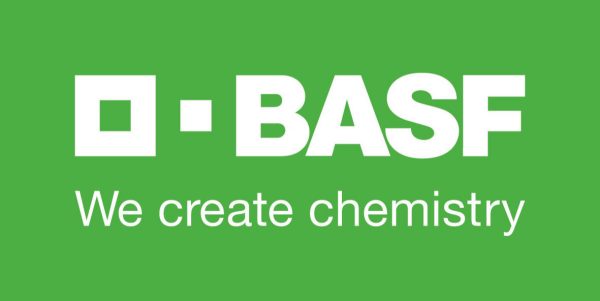 |
 |
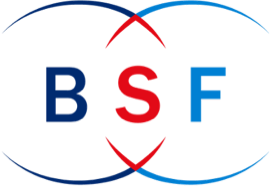 |


